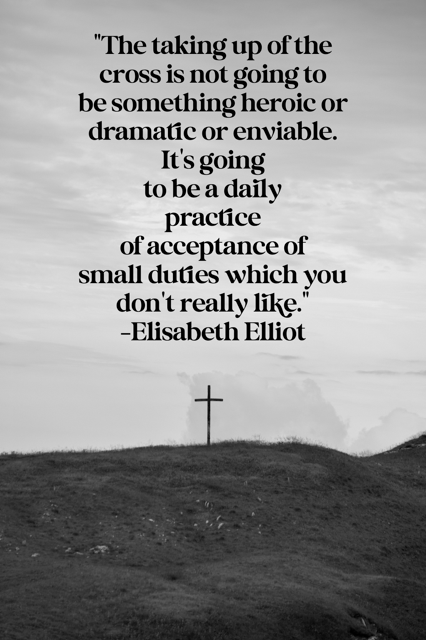In the very first workshop of the very first writer’s conference I attended, the speaker commented that publishing had changed significantly over the past ten years.
He didn’t say how publishing worked before. I assume writers wrote books and sent them in to the publisher, who did the rest. The author would have to fix some things after editors combed over their manuscript. But the publisher would market the book to the waiting world. And that makes sense: the publisher has a much bigger reach than individual authors in their homes.
Now, however, publishers expect authors to do most of the marketing on their own.
One reason is the rise of online book purchasing. Publishers have lost the opportunity to create attractive signs and displays to catch shoppers’ eyes as they browse a bookstore. Many brick and mortar bookstores have closed.
Additional reasons are the success of bloggers with big followings who then publish books and the availability of “influencers” on social media. And though I have not read this, I can’t help but wonder if it’s a cost-cutting measure to significantly reduce a marketing department by having writer’s do their own marketing.
So in these times, one can’t publish a book with a traditional publisher without a significant “platform.” In the blogs and Facebook writer’s groups and Twitter accounts I follow, would-be authors have lamented multiple times that they were told their concept, writing, and style were all good, but they were rejected because their platform wasn’t big enough (as determined by their social media followers and newsletter subscribers). One recent tweet I saw said the writer was told he needed upwards of 20,000 followers. I don’t know if that’s the norm. But all of this is discouraging.
Sure, anyone can self-publish these days. But a self-published book won’t get much beyond family and friends without taking some measure to get it out in front of the public.
All of this puts unknown Christian writers in a quandary. We’re supposed to humble ourselves, not exalt ourselves. We’re not supposed to be self-promotional. Drawing attention to ourselves in that way is distasteful to most of us. And we don’t want to annoy friends by constantly sharing “Buy my book!” posts on social media. So how in the world can we build a platform that publishers require and still maintain a clear conscience and a Christian testimony?
Kate Motaung and Shannon Popkin have wrestled through these issues and shared their conclusions and experiences in Influence: Building a Platform that Elevates Jesus (Not Me). They begin with this helpful analogy: instead of viewing platform like a stage where celebrities seek attention and applause, think instead of a lifeguard’s platform. He’s not there to elevate himself, but to see who needs help and get a life jacket to them. He “puts himself out there” not to be admired, but so those who need help can find him.
As Christian writers, we have a message the world needs. Focusing on serving others will help us maintain the right perspective.
Then there’s the other side of the problem: What if my book is a success? What if my blog post goes viral? How can I guard against getting big-headed and puffed up?
Kate and Shannon acknowledge that praise, attention, “likes,” and such can be addicting. They discuss pride and humility and the biblical foundations necessary for a right perspective.
They also go into envy, comparison, heart motivations, disappointments, dealing with unexpected wrenches thrown into the works. They look at how people in the Bible got their message out.
And they discuss “imposter syndrome”—the feeling that we’re fakes, that we really don’t have anything worthy to say.
The right perspective is to realize and admit that we can’t do it on our own. That we are nothing without Him. That we don’t have anything to say without His enabling. Humility is essential for the people of God. It’s a good thing to think less of ourselves. But it’s not biblical or honoring to the Lord if we doubt His ability to use us for His purposes and His glory (p. 19).
If He has called us to something, He will enable us. He doesn’t want to hide our talents in the ground. He wants us to let our lights shine where they can be seen and point the way to Himself.
There’s no need to shrink yourself down or deflate your gifts. That’s not humility any more than inflating your importance is (p. 77).
Finally, the authors discuss conquering anxiety over our platforms, times to turn down opportunities, and trusting that God is in control over all.
They’re not only grounded in Scripture, but they are transparent about their own struggles.
There are discussion questions at the end of the book for personal use to to facilitate group discussions.
The one thing I wish they had included was a chapter or appendix on practical ways to build a platform. They mention some in passing. But it would have been helpful to have a list and a brief description. No one can do all the things. Each person can only do what resonates with them and works within their time constraints and personality. But such a list might have given some new ideas to try.
Overall I thought this was an excellent book. It’s one I can highly recommend and one I should probably reread once a year or so.
(Sharing with Booknificent, Grace and Truth, InstaEncouragements,
Carol’s Books You Loved)










